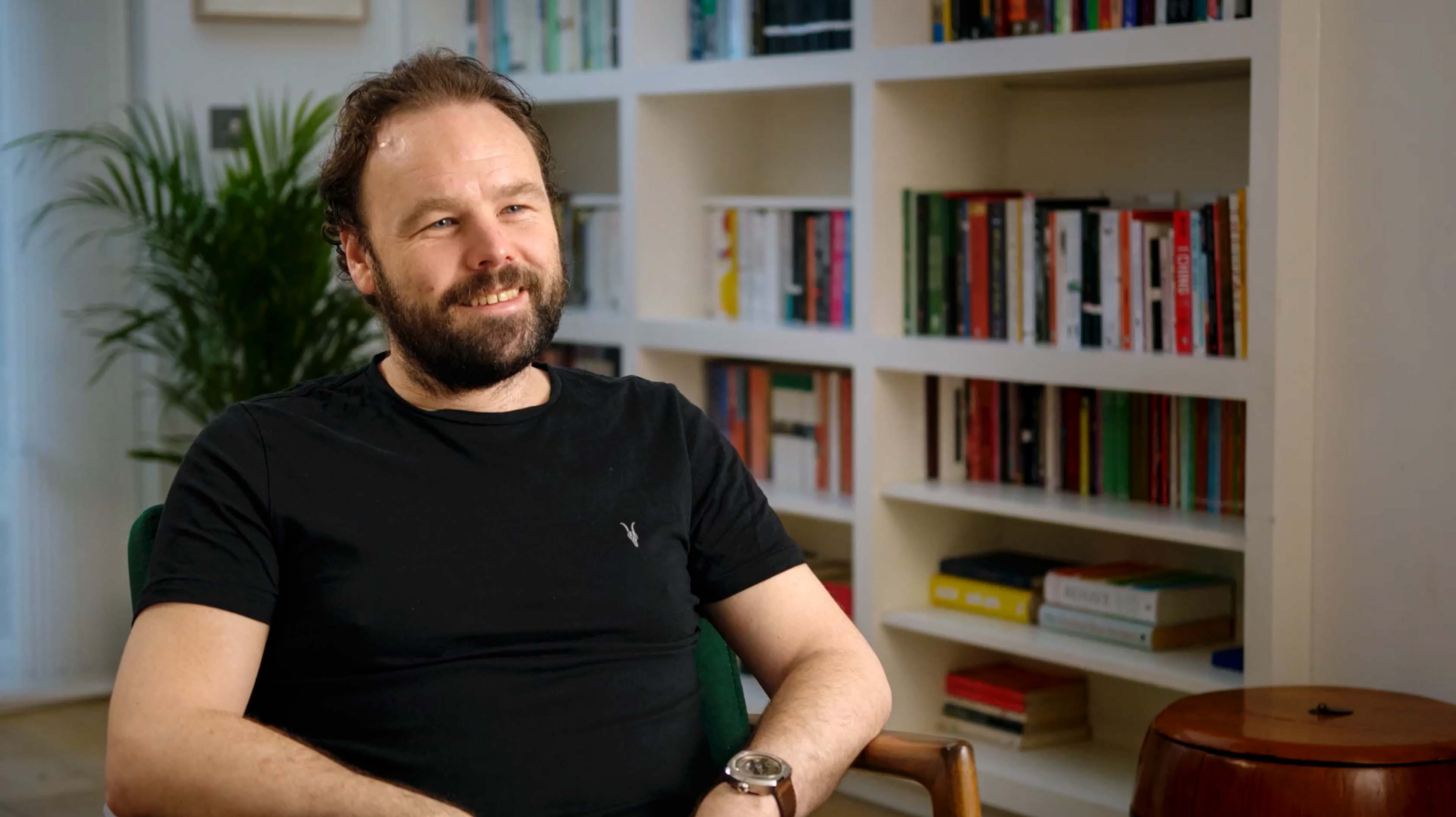
The Importance of Failure
Former CFO at Deliveroo & Finance Director, EMEA, Amazon
inpractise.com/articles/how-amazon-deals-with-failure-philipgreen
Why is this interview interesting?
- Why talking about failure openly is important
- The role of the post-mortem
Philip Green
Former CFO at Deliveroo & Finance Director, EMEA, Amazon
Interview Transcript
In your experience at Amazon, were there any practices that struck you as really effective in learning from failure?
One is that the company openly talks about it. That’s the starting point. The worst thing is being ashamed by failure. You failed as well. That shouldn’t be a big discovery. Again, it’s that recognition — “I messed up, I made a mistake, and here’s what I’ve learned as a result. Here’s what I could do better next time.”
It’s creating that open dialogue and awareness around it, but you can only do that if you feel safe to share. “I did fail; I made a mistake here, I made a mistake there, and I’ve learned from it.” That’s growth and development. Dismissing and hiding it, nobody can learn from that.
That’s at the forefront of how Amazon specifically did very well. “Things went wrong.” And asking the question, “What could we do better?” Having spent some time in the operations business, as soon as we finished Q4, we’d say, “Let’s go back and do a post-mortem — what happened? What went well, what didn’t work?” You focus on the stuff that went well, to say, “Let’s do that again.”
But very quickly, you move on to, “What didn’t go well? What can we do to improve it?” Eight months later, when you’re getting ready for the next big period, you dust off that document and say, “Are we ready? Let’s start with the things we learned last time. What went well? Let’s make sure we do those again. What went badly? Have we done enough to avoid those things happening again?”
You build that into the organisational DNA. There’s nothing embarrassing or shameful around it. It helps the organisation grow, no different to an individual. If you ask me for feedback and I give you feedback, it’s great, you’ve got the feedback, and you can use it to try and improve.
Copyright Notice
This document may not be reproduced, distributed, or transmitted in any form or by any means including resale of any part, unauthorised distribution to a third party or other electronic methods, without the prior written permission of IP 1 Ltd.
IP 1 Ltd, trading as In Practise (herein referred to as "IP") is a company registered in England and Wales and is not a registered investment advisor or broker-dealer, and is not licensed nor qualified to provide investment advice.
In Practise reserves all copyright, intellectual and other property rights in the Content. The information published in this transcript (“Content”) is for information purposes only and should not be used as the sole basis for making any investment decision. Information provided by IP is to be used as an educational tool and nothing in this Content shall be construed as an offer, recommendation or solicitation regarding any financial product, service or management of investments or securities.
© 2025 IP 1 Ltd. All rights reserved.


